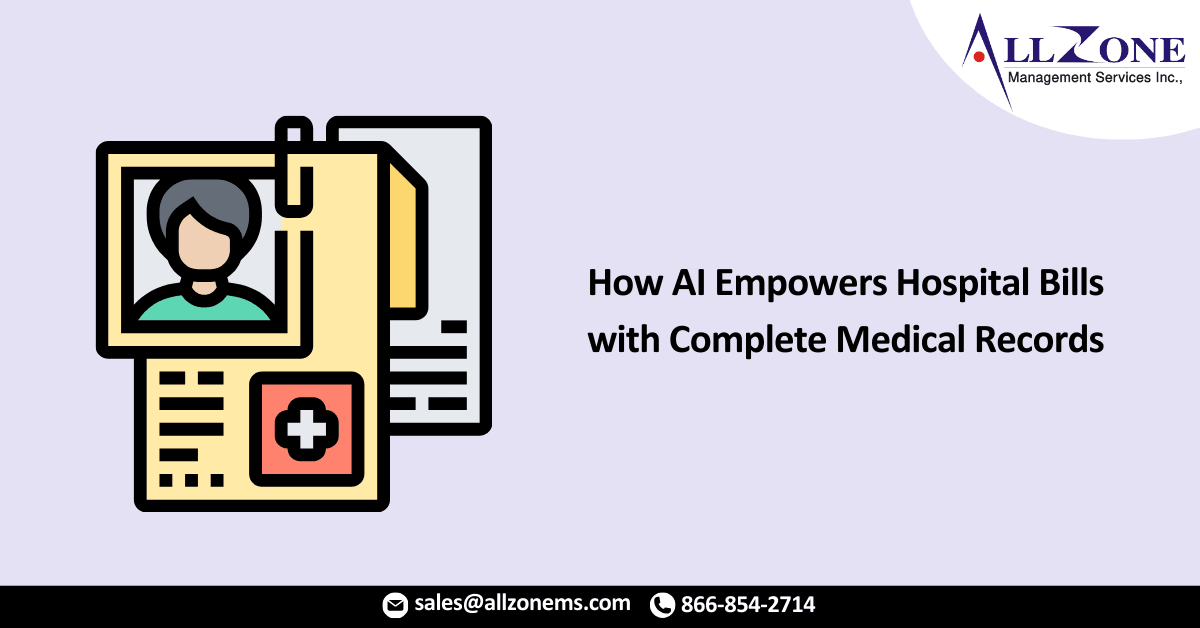According to the CEO of a prominent healthcare IT consulting firm, hospitals face significant financial losses due to billing inaccuracies, estimated to be in the billions annually. However, the implementation of physician-trained artificial intelligence can assist hospitals in recovering millions of dollars by reducing denials and improving revenue recovery processes.
The CEO of a prominent healthcare IT consulting firm is determined to revolutionize the medical billing process in hospitals through the use of artificial intelligence. Their mission involves leveraging AI in the revenue cycle to consolidate patient information from various sources such as labs, medications, orders, and physician notes, enabling the deduction of the patient’s treatment. This comprehensive data is then utilized by hospital coders to identify any discrepancies in billing and prevent errors of omission.
According to the CEO of a leading healthcare IT consulting firm, an alternative approach involves analyzing the behavior of physicians to determine the conditions they were treating. For instance, if a physician prescribes medication for high blood pressure, coders can deduce that the patient likely has high blood pressure, regardless of whether it is explicitly documented. The CEO emphasized that their ability to utilize the unique patterns of actual patient care ensures the accuracy of medical notes.
| Releated Article |
How AI Rules Electronic Health Records and its Benefits? |
During the residency program at Weill Cornell Medical College in New York City, an affiliation with Presbyterian Hospital, there was a focus on the application of AI within the health system from 2017 to 2020. The CEO, while reflecting on their experience at New York Presbyterian, expressed the initial idea of utilizing AI for operational purposes, using an analogy of an air traffic controller. The importance of a clinical traffic controller to optimize workflow was emphasized. In the early 2010s, hospitals began adopting AI to match words in physicians’ notes with medical coding. Initially, natural language processing was employed to identify specific phrases.
According to the CEO, AI used to be limited to performing basic tasks over the past decade. However, as advancements have been made, computers can now be programmed to handle more complex operations, which necessitates increased judgment and careful consideration. The AI software platform enables the transmission of information to hospitals and insurers in a readable format, ensuring that medical records accurately reflect the events that occurred. Currently implemented in five hospitals and academic medical centers across the country, this software has led to an average revenue increase of $800,000 per 100 beds, as reported by the CEO of a prominent healthcare IT consulting firm.
The CEO expressed the belief that achieving a completely accurate representation of the care provided is beneficial for everyone involved, including the patient, in the long run. However, from a cautious perspective, acknowledges that when AI is utilized in the back office, any mistakes made can be rectified without causing harm to patients. On the clinical side, the CEO of a prominent healthcare IT consulting firm emphasized the need for further efforts to safely integrate AI into the healthcare system.

